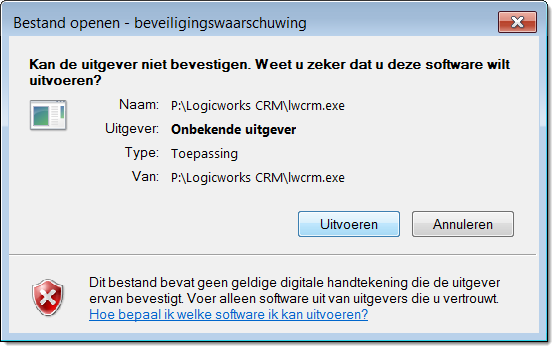
Think about all the people who are thinking of patronizing your business who have decided to check out some negative reviews first. Your audience is much bigger than one dissatisfied customer. Let them know that their complaint has been heard and you’re going to do something about it, even if it’s as simple as, “We’re going to talk to the people involved and take a closer look at our policies around XYZ.” Many times there’s not all that much you can do after the fact, but capping your response off with action is how you give it forward momentum. The final step is the most important one, and that’s to take action. You don’t want anyone who comes to your business to have a bad experience, right? Again, this has nothing to do with who is right or wrong. Once you show that you empathize, you should apologize for their experience- it matters. Empathizing means acknowledging their experience, regardless of whether you think those emotions are justified or not. Hearing your customer out takes care of itself in this example, because they’ve already written their review, but it may be useful to give them space to provide more details.
LOGICWORKS GLASSDOOR HOW TO
This commonly-used customer service acronym is a great guideline for how to deal with a customer who may be emotional about what happened and make them feel like they’re taken care of. With negative feedback, you need to take the HEAT. When it comes to review responses, as Chris Carlson says, “You must be authentic to be credible.” Try not to take anything personally, and recognize that there’s probably something truthful and useful to what a disgruntled person is saying, even if they could have said it a different way.
LOGICWORKS GLASSDOOR SERIES
No matter how careful you are about your customer experience, a simple fact of life is that bad reviews will happen- there’s even an entire YouTube series devoted to how ridiculous one-star reviews can be. On the flip-side of this, ALWAYS respond to legitimate and genuine concerns and opinions, negative or not. If the review includes derogatory or degrading comments and the language and opinions are irrational or the reviewer is a “regular or frequent” complainer, it may be better left alone.Īdditionally, if the comment or review is found on a small or obscure website, and is biased or unfair, you may be better served to leave it alone rather than draw attention to it. This quick-start guide will provide the framework you need to begin establishing an online review reputation strategy.įirst, not all reviews require or need a response. You don’t need to respond to every review, but you do need to define what reviews are important to your business and to consumers, and how you will identify and respond to them. Having a clear and defined strategy is a must. And yes, managing them can be a daunting task.ĭepending upon the size of your business, the number of locations, and the volume of reviews you receive, you will need to optimize, prioritize, and be very selective in vetting which reviews to respond to, and how.įor large organizations with numerous locations, and a high volume of reviews, the objective may seem insurmountable.

Good or bad, they are not something you can simply opt out of. Online reviews are an important aspect of your business, whether you want them to be, or not.


 0 kommentar(er)
0 kommentar(er)
